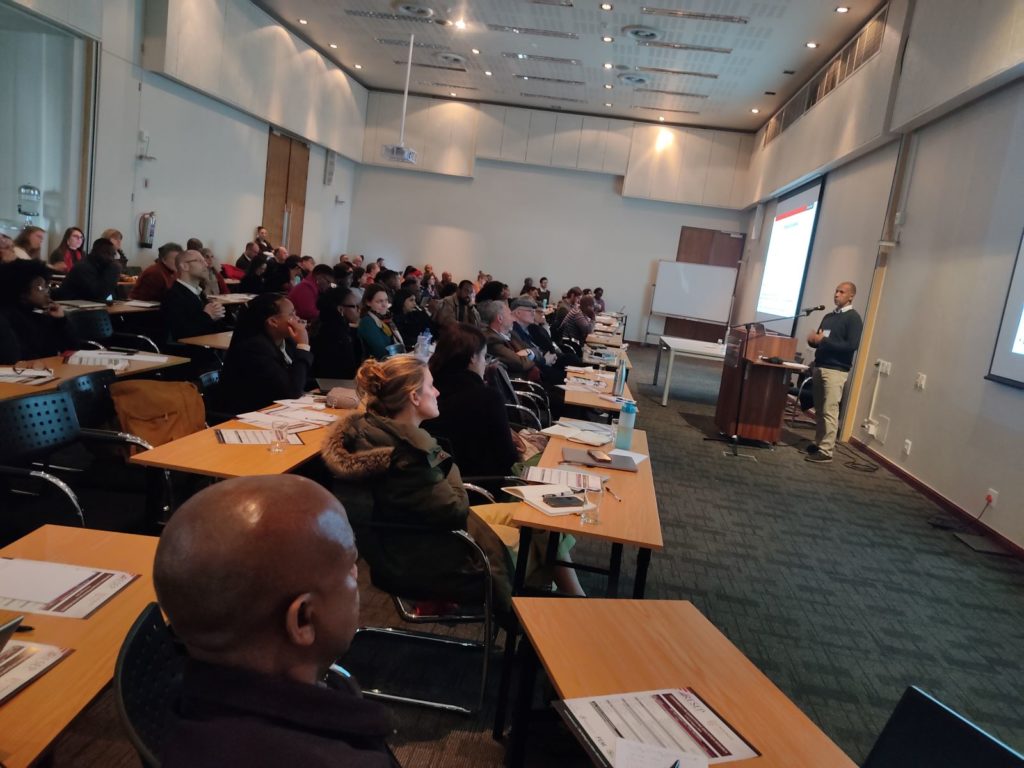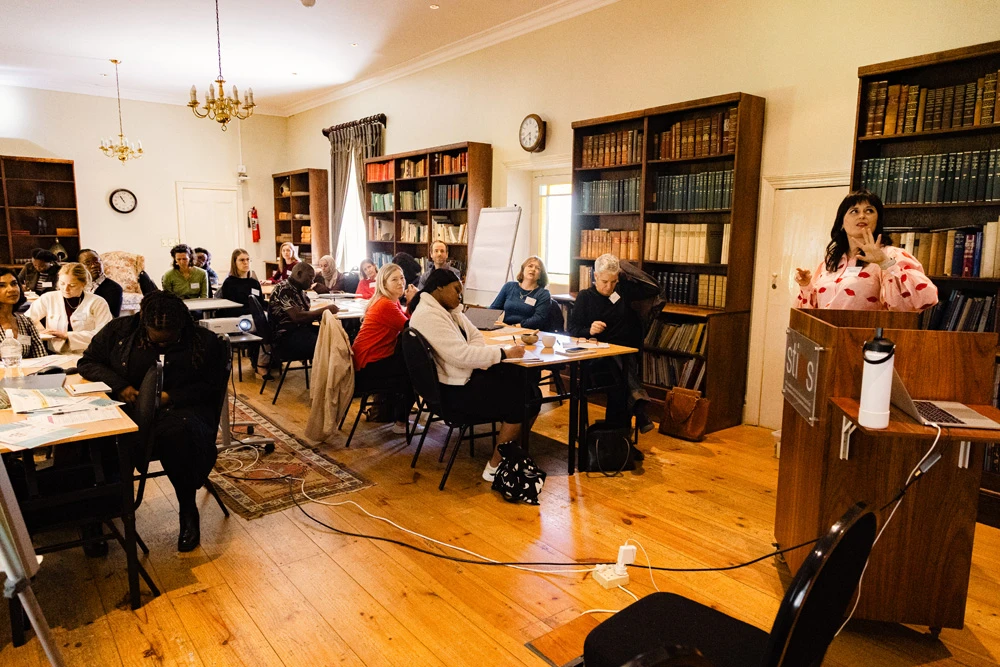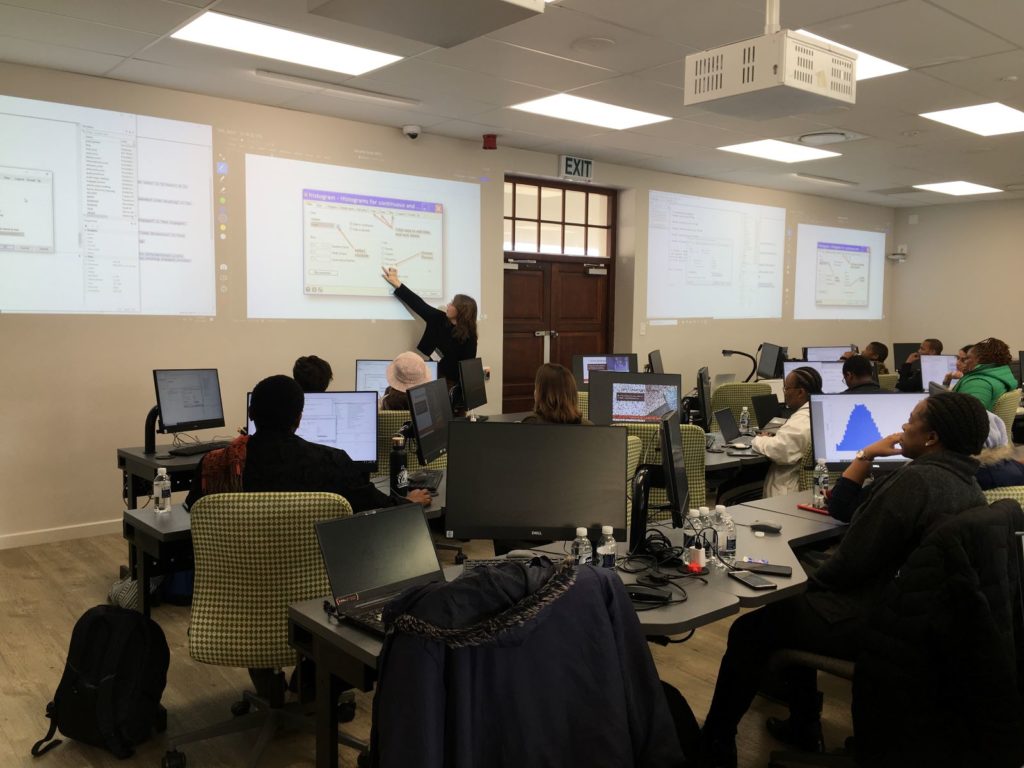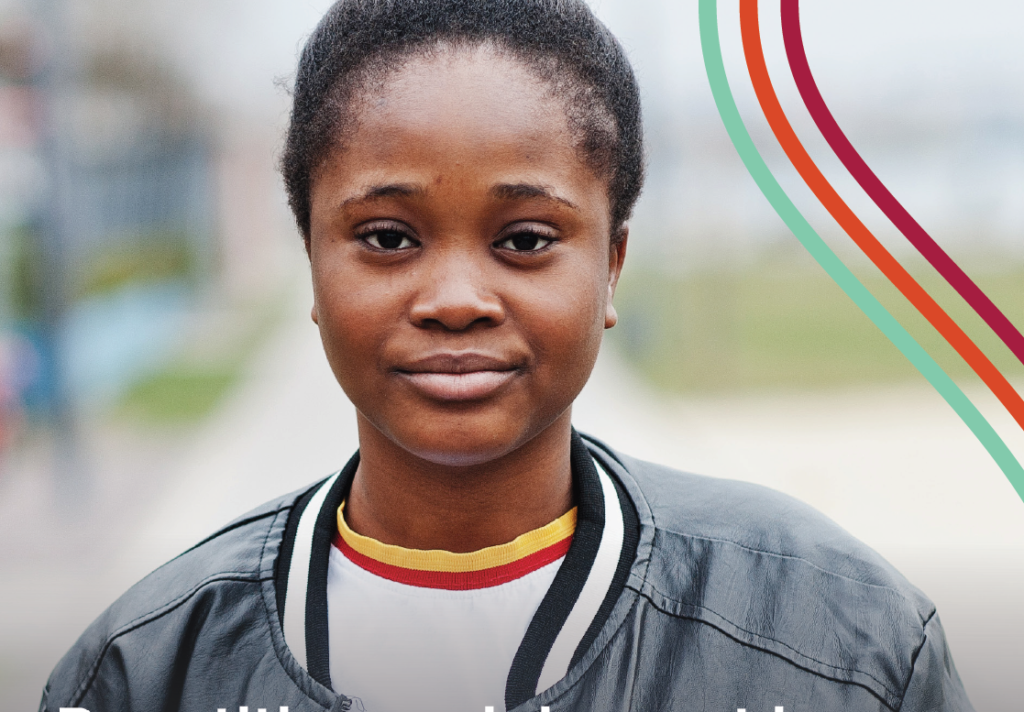This study investigates whether the quality of school-based assessment (SBA) influences matriculation performance in Mathematics within quintile 1 to 3 schools in Limpopo, South Africa. It builds on previous literature that identified poor schools in Limpopo excelling in Mathematics achievement at the matriculation level.
In 2021, teachers instructing the average Grade 4 student in South Africa faced reading abilities spanning almost four grade levels in one classroom (Böhmer & Wills, 2023). In this context, curriculum or instruction differentiation is a necessary classroom strategy. The South African curriculum and inclusive education policies recognise learner diversity and envisage class teachers as responsible for curriculum differentiation supported by district and circuit experts.
For most South African learners, the destination language of instruction (typically English) is not their mother tongue; thus, proficiency in English is necessary for educational success. However, research has shown that development of linguistic skills is more effective in the mother tongue, and that these skills can be transferred to a second language (especially when high levels of proficiency are reached in the first language).
The 2023 Back-on-Track (BoT) programme, launched by the Western Cape Education Department (WCED), aimed to address significant learning deficits caused by the COVID-19 pandemic over a period of three years. This R1.2 billion initiative targeted improvements in mathematics and language through interventions for learners and teachers in grades 4, 7, and 8. Using Systemic Tests and School-Based Assessments (SBAs), this evaluation assesses the programme’s impact on grade 4 and grade 7 learners.
We report on the quality and completeness of disability-disaggregated enrolment data in the education management information system
(EMIS) in two provinces in South Africa. We show there has been a dramatic decline in the number of learners with disabilities enrolled in schools in Gauteng from 2017 to 2023.
This report presents groundbreaking insights into South Africa’s education system, leveraging extensive data from SA-SAMS, LURITS, and the Data Driven Districts (DDD) programme. Authored by Servaas van der Berg, Chris van Wyk, and Martin Gustafsson, with a multidisciplinary team, the study examines critical trends in learner progression, absenteeism, subject choice, and the long-term impacts of COVID-19 on education.
Youth born just after the turn of democracy in 1994 have the highest years of completed education of any cohort in South African history. This is a trend worth celebrating. Yet South Africa’s educational progress is occurring alongside various constraints: slow economic growth; high and rising unemployment especially among youth; public finance constraints in expanding post-school education and training (PSET) opportunities; and growing concerns about mismatches between youth’s skills and the skills demanded in a changing world of work.
In the wake of the COVID-19 pandemic, the Western Cape Education Department’s (WCED) 2023 Back-on-Track (BoT) initiative is proving to be a groundbreaking step towards educational recovery. This R1.2 billion programme has targeted critical learning gaps in mathematics and language, focusing on Grades 4, 7, and 8. The results, independently evaluated by RESEP, reveal remarkable gains in learning outcomes.

From 21-22 August 2024, Resep hosted its 8th annual Quantitative Education Research (QER) conference at STIAS, Stellenbosch. Among the more than 100 attendees were academics, students, government officials, NGOs representatives and other stakeholders. Speakers, chairs and participants collectively provided an overview of key trends in South African education and profiled new research. In this synopsis of the 2-day programme, some key insights across all presentations are considered under eight emerging conference themes.
In this research note, Emma Whitelaw and Nicola Branson from the University of Cape Town (UCT), examine the association between National Senior Certificate (NSC) performance and National Benchmark Test (NBT) scores among applicants to UCT. They find that during COVID-19 disrupted years, applicants’ admission point scores, derived from NSC grades, rose relative to NBT scores which remained similar since the onset of COVID-19.
Basic Education Lekgotla 2024: Recent South African trends and what they mean for the future
Basic Education Lekgotla 2024: Recent South African trends and what they mean for the future
Dive into the evolving landscape of basic education in South Africa with Martin Gustafsson’s illuminating presentation from March 2024. Titled “Recent South African Trends and…
In this Covid-Generation working paper, Bianca Böhmer and Gabrielle Wills contribute new evidence on pandemic effects on reading scores and inequalities in reading in South Africa through an in-depth analysis of data from the 2016 and 2021 Progress in International Reading Literacy Study (PIRLS) – a Grade 4 reading comprehension assessment.

This report leverages data mainly derived from the South African School Administration Management System (SA-SAMS), including a unique longitudinal version of the Data Driven Districts (DDD) data for three provinces as well as the Learner Unit Record Information Tracking System (Lurits) data and National Senior Certificate (matric) examination data to analyse the dynamics of the South African education system in the aftermath of the Covid-19 pandemic. It provides a detailed analysis of learner flows, assessment strategies, and teacher dynamics, offering valuable insights for policymakers and educational stakeholders and illustrating how such data can be used in education policy and planning.







